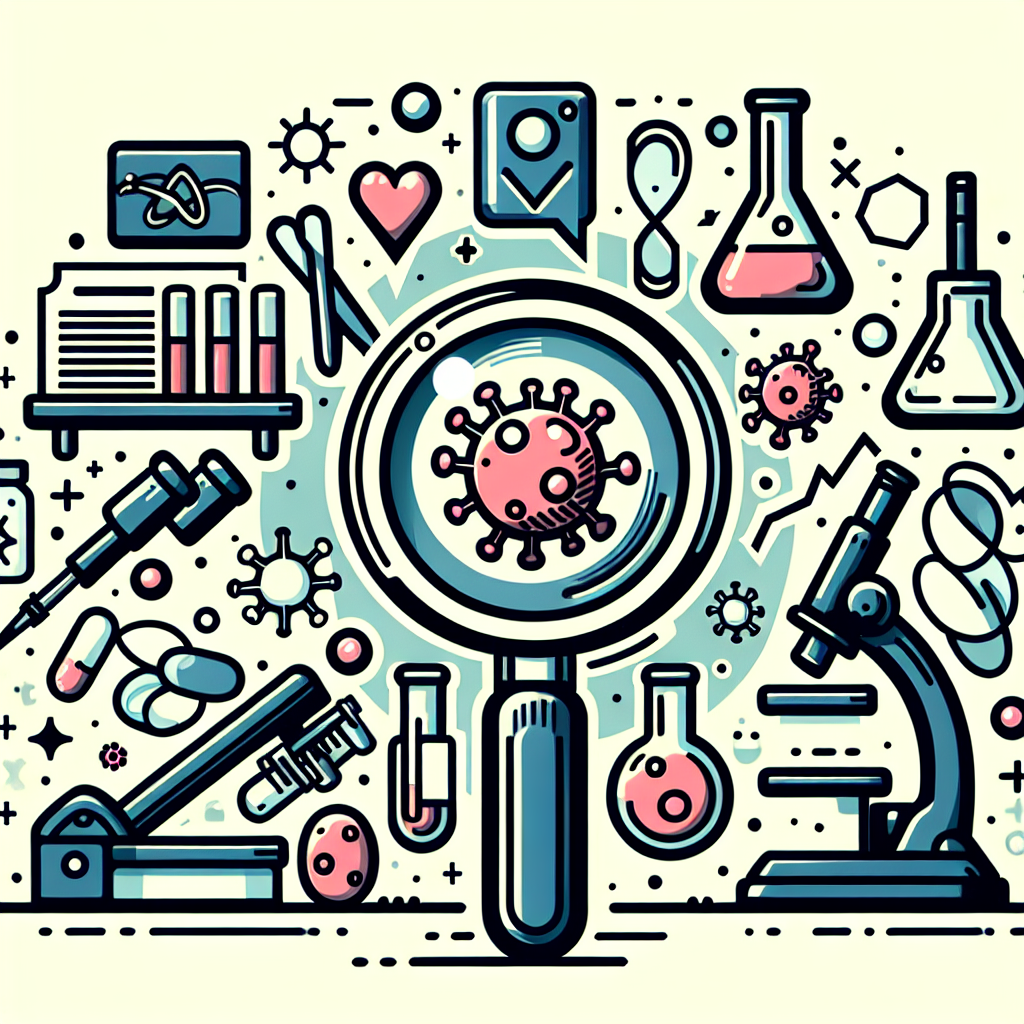
The Transformative Potential of the Galleri Test
In the field of oncology, early detection of cancer remains THE pivotal factor in improving patient outcomes. This challenge is being addressed by a groundbreaking innovation, the Galleri test. Developed by GRAIL, the Galleri test is a multi-cancer early detection blood test that analyzes cell-free DNA (cfDNA) to identify more than 50 types of cancer in asymptomatic individuals. BBC recently reported exciting findings on its potential.
Understanding the Mechanism
The Galleri test functions by detecting abnormal methylation patterns in cfDNA shed by tumors into the bloodstream (Galleri). This allows the test to identify a cancer DNA signal and locate the tissue of origin with up to 90% accuracy (Cleveland Clinic).
Clinical Significance and Evidence
The significance of the Galleri test lies in its broad scope and early diagnostic capability before conventional symptoms of cancer begin to manifest. The American Cancer Society highlights its potential in filling gaps left by existing individual cancer screenings, which cater to specific cancers like breast, cervical, and colorectal.
Cost and Accessibility
The cost of the Galleri test varies across different healthcare providers, but the typical price is around $949 per test (Galleri). This poses a challenge regarding accessibility, especially in socioeconomically diverse populations. Efforts are underway to integrate it into insurance programs to widen its reach.
Challenges and Criticisms
Despite its promising results, some research has raised concerns about the clinical performance and validation of the Galleri test. This test has been scrutinized, especially for the potential of false positives and the anxiety they can induce. Additionally, there is an ongoing debate regarding the clinical validity of cell-free DNA (cfDNA) as a reliable biomarker (PMC). It is essential to conduct further trials to ensure robust validation of the test’s efficacy in large and diverse populations.
Future Directions
With continued advancements in sequencing technologies and artificial intelligence applications, the future of multi-cancer detection looks promising. The test’s ability to detect cancers that do not have established screening protocols is a breakthrough in the cancer research field (GRAIL).
The Galleri test underscores a movement toward transformative solutions in cancer care. If widely adopted, it could redefine cancer screening paradigms, emphasizing the importance of early detection and proactive health management in oncology.



